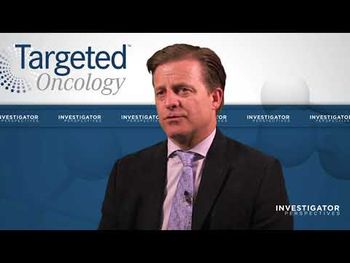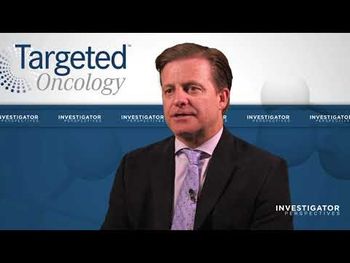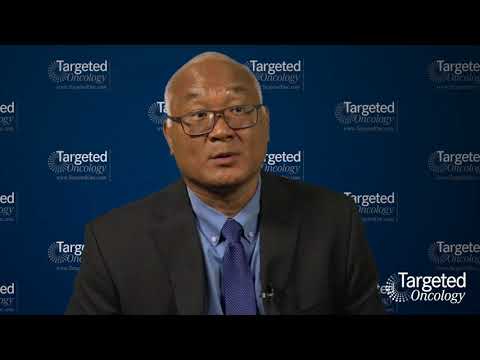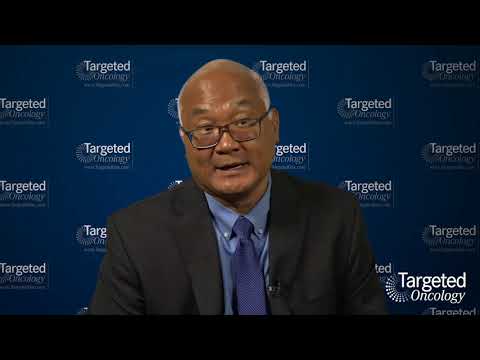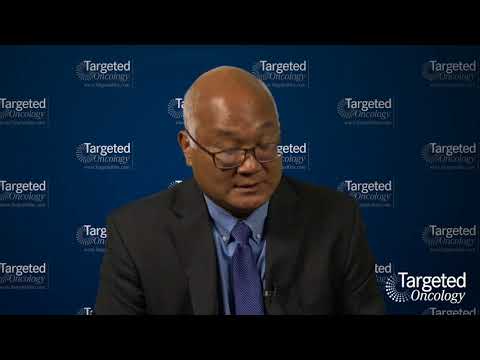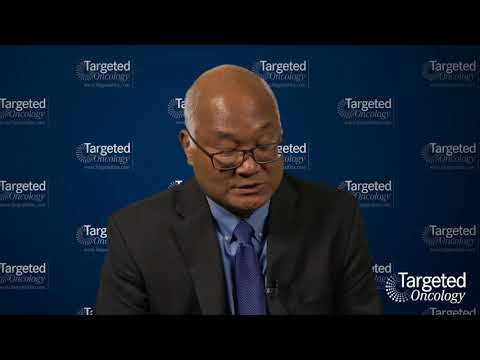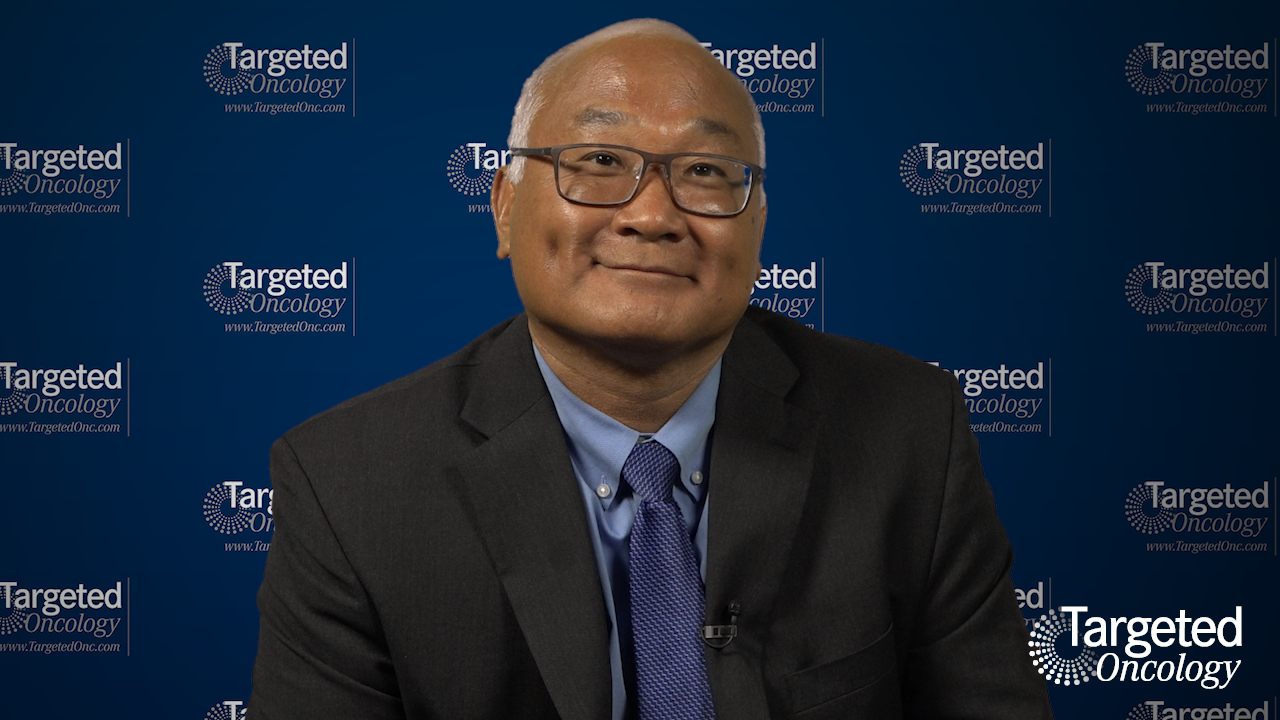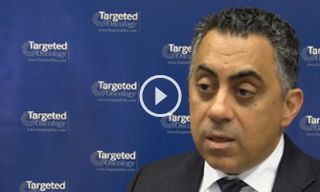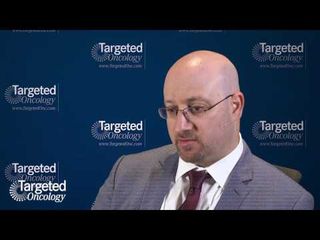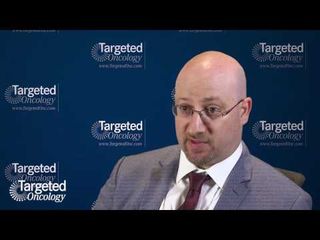
GI CANCERS
Latest News
Latest Videos

More News

The PD-1 inhibitor pembrolizumab (Keytruda) has been granted a priority review designation by the FDA for use in previously treated patients with advanced hepatocellular carcinoma, according to Merck, the manufacturer of the agent.












Consistent benefits and safety were seen with TAS-102 (trifluridine/tipiracil; Lonsurf) in a real-world treatment setting for patients with refractory metastatic colorectal cancer, according to preliminary data from the phase IIIb open-label PRECONNECT trial.

A strategy of escalating regorafenib from 80 mg to 160 mg per day was superior to starting at a dose of 160 mg per day in patients with refractory metastatic colorectal cancer, according to results from the regorafenib dose optimization study presented at the 2018 World Congress on GI.

According to findings from the IMblaze370 study, atezolizumab alone or in combination with cobimetinib did not demonstrate superior overall survival when compared with regorafenib for the treatment of patients with chemorefractory metastatic colorectal cancer. Findings from the study were presented at the 2018 World Congress on Gastrointestinal Cancer.

Manish A. Shah, MD, director of Gastrointestinal Oncology at Weill Cornell Medicine, discusses the need for targeted therapies beyond the second-line setting in esophageal cancer. While this is a deadly disease with most metastatic patients dying within a year, a recent clinical trial with pembrolizumab addresses an unmet need in the population, Shah says.

According to findings from the phase III KEYNOTE-061 study, second-line treatment with pembrolizumab (Keytruda) did not significantly improve overall survival or progression-free survival compared with paclitaxel in patients with advanced or metastatic gastric or gastroesophageal junction cancer with a PD-L1 combined positive score ≥1.

In findings from the phase III TAGS study reported at the 2018 World Gastrointestinal Cancer Congress, TAS-102 (trifluridine/tipiracil; Lonsurf) was found to be an effective treatment option for patients with heavily pretreated metastatic or advanced gastric cancer, providing a 31% reduction in the risk of death compared with placebo.

Treatment with trifluridine/tipiracil combined with bevacizumab improved progression-free survival over capecitabine plus bevacizumab in patients with metastatic colorectal cancer who are not eligible for chemotherapy or surgical resection, according to findings presented at the 20th World Conference of Gastrointestinal Cancer. <br />

Bert H. O’Neil, MD, recently shared his considerations for treatment when treating patients with gastrointestinal cancers. O’Neil reviewed how he would treat patients with colon cancer and patients with hepatocellular carcinoma based on case scenarios during a <em>Targeted Oncology</em> live case-based peer perspectives presentation.<br />


